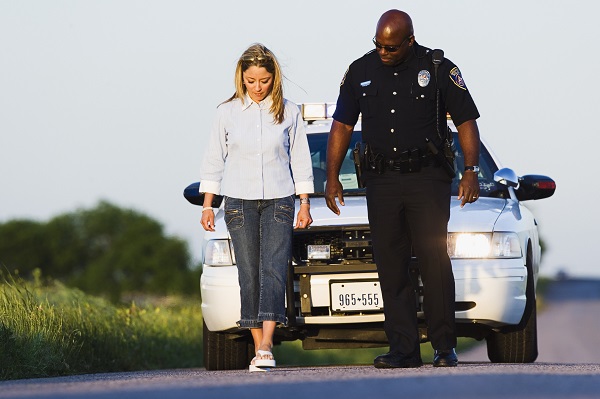Key Oklahoma Court Decision Calls Breathalyzer Results into Question
After the Oklahoma Civil Court of Appeals called into question whether pieces of a breathalyzer device used on a DUI defendant were properly approved, thousands of other breath tests could be questioned. The decision became final when in mid-2016, the Oklahoma Supreme Court refused to hear the case. However, the full impact of the court’s findings in Sample v. State, 2016 OK CIV APP 62 has yet to be assessed. In brief, the defendant challenged the procedure used to approve use of two pieces of the breathalyzer. The device used was the Intoxilyzer 8000. Instead of being approved by the State...
Continue reading









